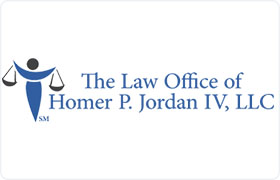Woodland Divorce & Family Law Lawyer, Georgia
Sponsored Law Firm
-
 x
x

Click For More Info:
-
The Law Office of Homer P. Jordan IV, LLC
125 Townpark Drive Suite 300 Kennesaw, GA 30144» view mapDivorce & Family Law Legal Solutions for a Brighter Tomorrow
At The Law Office of Homer P. Jordan IV, LLC in Kennesaw, we are dedicated to helping clients throughout the Atlanta area, including Cobb, Cherokee and Paulding counties.
800-590-3350
Tina Stephens Dufresne
Real Estate, Family Law, Divorce & Family Law, Criminal
Status: In Good Standing Licensed: 15 Years
Roger Craig Montgomery
Accident & Injury, Criminal, Divorce & Family Law, Real Estate, Traffic
Status: In Good Standing Licensed: 19 Years
Alan W. Connell
Family Law, Divorce & Family Law, Accident & Injury
Status: In Good Standing Licensed: 49 Years
Don E. Snow
Family Law, Divorce & Family Law, Bankruptcy, Bankruptcy & Debt
Status: In Good Standing Licensed: 50 Years
Catherine B. Baity
Other, Federal Trial Practice, Family Law, Divorce & Family Law, Corporate
Status: In Good Standing Licensed: 31 Years
Bert Seth Harp
Military & Veterans Appeals, Family Law, Divorce & Family Law
Status: Inactive Licensed: 52 Years
 Homer Jordan Kennesaw, GA
Homer Jordan Kennesaw, GA AboutThe Law Office of Homer P. Jordan IV, LLC
AboutThe Law Office of Homer P. Jordan IV, LLC Practice AreasExpertise
Practice AreasExpertise
